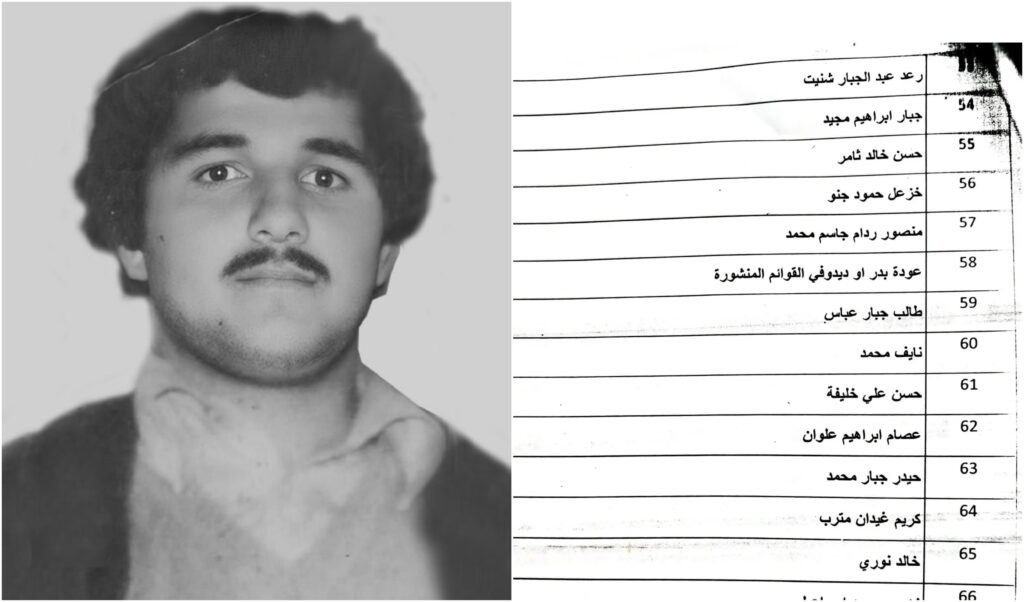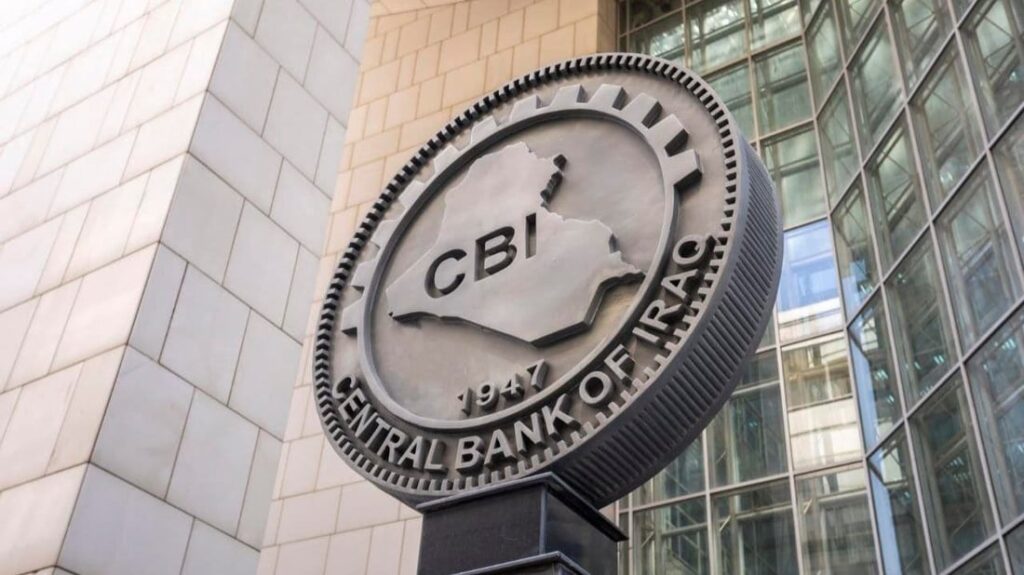Iraqi police kill 2 ISIS 'leaders' in Kirkuk, arrest 'Islamic police' member in Mosul

ERBIL (Kurdistan 24) – Iraqi police announced the death of two Islamic State "leaders" in the disputed province of Kirkuk on Saturday and the arrest of a former member of the group's feared "Islamic Police" in Mosul.
Security forces continue to hunt down remnants of the extremist organization across the country in attempts to prevent those loyal to it from regrouping and making a resurgence.
Iraq’s Ministry of Interior announced in a statement that “during operations following up and tracing the movement of the ISIS fighters in a village in the subdistrict of Riyaz in Kirkuk, the police force was able to kill two ISIS leaders and destroy their hideout, along with confiscating weapons and explosives inside.”
The ministry gave no additional details regarding the individuals' ranking or responsibilities as "leaders" in the militant group.
On the same day, police to the north in the embattled city of Mosul claimed their forces were able to arrest an Islamic State militant who had been a member of the “Islamic police,” which violently enforced strict codes of conduct on the population during the organization's brutal reign over the city that began in 2014 and lasted for roughly three years.
The statement added that the suspect was arrested in the al-Quds neighborhood, located on Mosul's eastern side.
Mosul, now largely destroyed, has seen relative stability in recent months, but a presence among the population remains and many residents live in constant fear of attacks by sleeper cells throughout the city and its surroundings.
Baghdad declared an official military victory against the Islamic State in late 2017, but the group continues to launch insurgent attacks, ambushes, and kidnappings across much of the country. Officials from the Kurdistan Region and Iraq have repeatedly warned of a possible resurgence of the terrorist group.
The security void between federal Iraqi security forces and Kurdish Peshmerga forces in many of the territories disputed by Baghdad and Erbil has served to provide cover for Islamic State activity, particularly in inhospitable, rural areas that are hardest for the government to effectively control.
Editing by John J. Catherine


